Moving to Canada was a big step. And now you’re ready for the next major milestone: it’s time to buy a house. Whether you’re looking into investment property, or just a little something that your family can call home, this is not a decision to rush into. And regardless of whether you are a Canadian citizen, a permanent resident, a temporary visitor, or a foreign speculator, you will want to familiarize yourself with Canadian real estate laws.
Disclaimer: Since 1996, ARIANNE Relocation has been helping families, professionals and investors move to Canada, and to find housing, healthcare, schools, and all manner of local services. But we are NOT lawyers or licensed immigration consultants. Before spending several hundred thousand dollars (at least) on a piece of property in Canada, we strongly encourage you to speak with a few real estate agents to find one that’s right for you. And if you’re a foreigner, or you’re making a sizable investment in something more complicated like rental property, we would also advise you to consult with a licensed real estate lawyer as well as an accountant or tax attorney.
We also recommend these helpful articles:
- Buying a House in Canada
- Real Estate prices in Canada: Spring 2019
- Mortgages in Canada
- Where to live when moving to Canada
Real Estate laws and regulations for non-Canadians
For the most part, you do not need to be a citizen or even a resident to buy property in Canada. However, there are certain restrictions.
- The Foreign Buyer’s Tax: Also knowns as the Non-Resident Speculation Tax (NRST), Canada enacted this law in April 2017. Effectively, this tax adds 15 percent to the price of any property purchased by a non-permanent resident within the Greater Golden Horseshoe Region. This region includes the Greater Toronto Area (GTA) and some additional surrounding territory that extends from Guelph to the Trent-Severn Waterway and comprises about 33,000 sq.km., 22 percent of which is an environmentally protected greenbelt. Ontario’s liberal government passed this controversial legislation as a way of slowing down Toronto’s overheated real estate, where they felt too many foreign investors were driving up prices beyond the reach of many working Torontonians. Since the law went into effect, the market has slowed down considerably, but it’s difficult to say exactly what role the new tax has played in this.
- Bill 28 in British Columbia includes a Foreign Buyers Tax similar to that in Toronto. In 2018 the additional tax rate on property in Metro Vancouver purchased by a non-permanent rose from 15 to 20 percent.
- Non-Resident Rental Income: If you are a non-resident collecting rent on immovable property that you own in Canada, the payer (tenant or property manager) must with withhold 25 percent of the gross rent for taxes. It is the payer’s responsibility to file and pay that tax to the Canada Revenue Agency (CRA) on the 15th day of the following month. However, if you (the owner) file a separate tax return, you can declare expenses, and you may only end up paying 25 percent on the net rental income.
Tax Laws for Canadian Homeowners
Whether you’re a newcomer or a native Canadian, you should be aware of some tax laws that apply to homeowners in Canada. The good news is, most of those laws can work to your advantage.
- The Home Buyers Plan entitles first-time home buyers to a non-refundable $5,000 tax credit.
- The Principal Residence Designation exempts homeowners from paying capital gains when they sell a home which is their primary residence.
- Self-employed entrepreneurs who work from home can write off many home maintenance costs as a business expense.
- Seniors over the age of 70 are also entitled to write off a variety of household expenses, including housekeeping, snow removal, laundry, nursing and similar services.
If you hire a professional to file your taxes, they should be aware of these rules. But it never hurts to know when qualify for a tax break.
Speculation Taxes in Vancouver, B.C.
Like Toronto, Vancouver has seen its real estate market soaring through the stratosphere over the last decade. In an effort to rein on out-of-control prices, local lawmakers have enacted special taxes for non residents. Unlike the NRST in Toronto, these taxes are not aiming at foreign investors, but at Canadians who purchase second homes which are not their primary residences. Buying housing on speculation not only drives prices to unreasonable levels, but can also set the stage for a volatile real estate bubble.
- British Columbia Speculation Tax: In 2018, this law required B.C. residents to pay a tax of 0.5% of a home’s property value of the home was not a primary residence. For 2019, a number of changes to this tax code will go into effect. Now the tax only applies in specific areas like Metro Vancouver, and will no longer apply to cabins and vacation homes. Also, non British Columbians will pay 1% on their investment property, twice the rate paid by B.C. residents.
- Vancouver Vacancy Tax: This is an annual tax of 1% of the property’s assessed value. The city tax only applies to homes which are not primary residences and not rented for more than six months in the year. Most homeowners who are subject to the city tax will probably have to pay the provincial tax as well. The two are similar but separate.
Canadian Mortgage Regulations
- Terms and conditions vary, but the most common home mortgage in Canada has a 25-year amortization period, with 5-year fixed-rate periods. Every five years, the borrower must renew the loan and face the possibility of a higher or lower interest rate.
- The minimum down payment for a home in Canada is 5 percent.
- Recent legislation requires borrowers who make a a down payment of less than 20 percent to purchase mortgage insurance. This insurance protects both the lender and the homeowner from fluctuations in a volatile market, or in a climate of rising interest rates like we saw in 2018.
- In 2018, federal regulations began requiring any Canadian getting, renewing or refinancing a mortgage to pass a Stress Test. This means they must prove that they can afford to pay a little more than what they actually pay, just in case interest rates rise and the borrower gets stuck with higher monthly payments. Under current interest rates, Canadians who make a down payment of 20 percent will pay about $500/month for every $100,000 of mortgage debt, assuming a 25-year mortgage. Roughly speaking, the new rules require borrowers to prove that they could afford to pay $600/month for every $100,000 of debt, in order to qualify for a mortgage.
Rent Control in Ontario
Ontario has a long history of trying to control rents and regulate the rate at which rents can be increased. Meanwhile, property owners have a pattern of resisting such policies. In April 2017, the liberal provincial government enacted Ontario’s Fair Housing Plan, which, among other things, included ending rental control exemptions on units constructed after 1991.
Another element of the Fair Housing Plan was the introduction of the Ontario Standard Lease. The New Lease represents the government’s attempt to protect unsophisticated tenants from opportunistic landlords. It apples to virtually all private residential rentals in the province. The idea behind it was to reduce the level of jargon and legalese in rental contracts and eliminate illegal conditions set up through verbal agreements.
If you’re new to Canada and need more help getting settled and understanding local business practices and cultural customs, ARIANNE Relocation is here to help. Check our website for a complete overview of our products and services.
PHOTO CREDIT: Unsplash
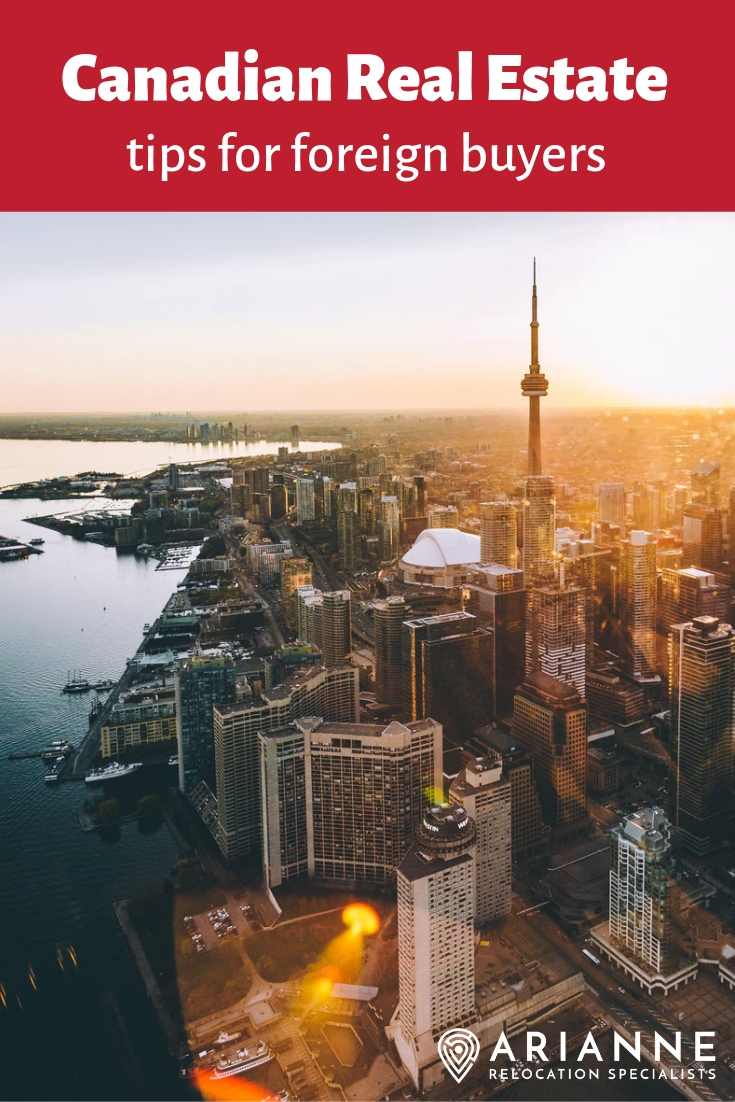


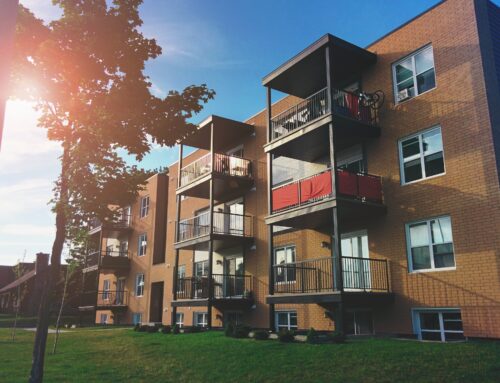

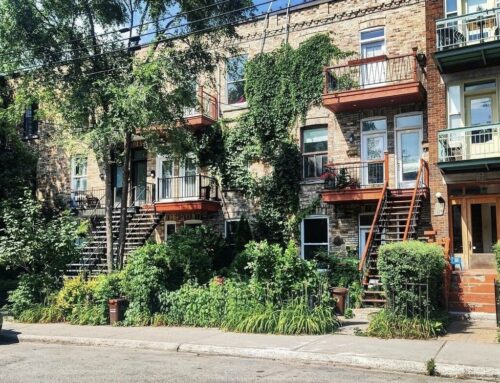
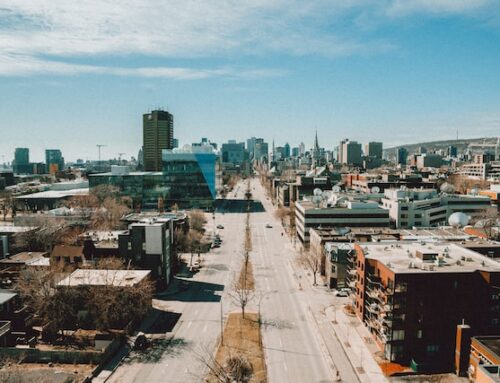
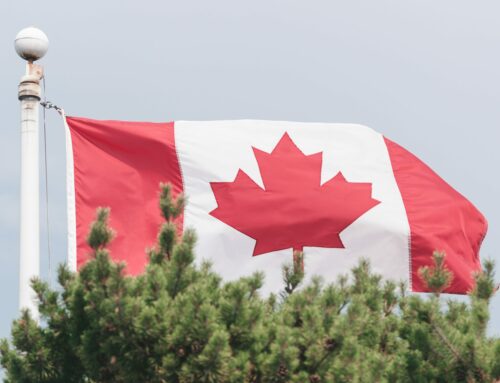
Leave A Comment